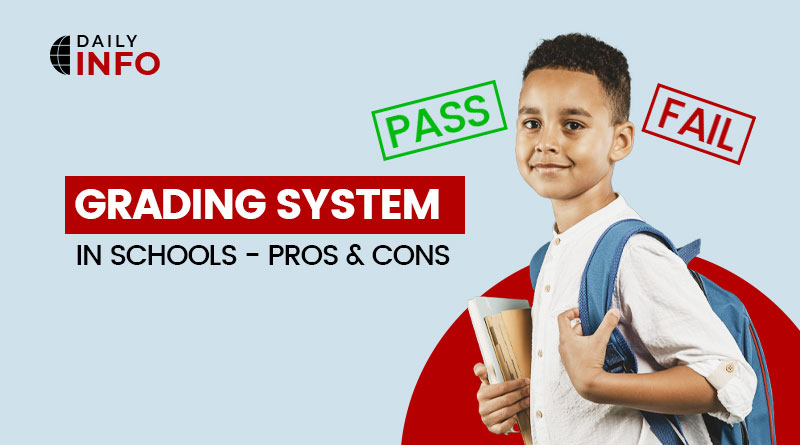Grading Should Not Be In The Schools
Grading is not the best way to create an environment that promotes quality education and teachers spend huge time on this cheap system. If grading isn’t helpful for students? grading should not be in the schools. Schools change their grading system. What if schools had no policies on the grading system?
Students focused on grades for their work and they believe that their grades throw back who they are and can not be enhanced through learning if they have bad grades. But students who have a fixed mindset don’t accept challenges and cannot improve their learning and their abilities stop there.
Four years back a (survey link Pew Research Center Survey) was held by Pew Research Center Survey the result was in a list of stressors. Those who were in fear of bad grades and the victims of anxiety and stress.
Which was harmful to their academic performance run students into the race of grades. It frequently reduces the creativity and confidence of students. Here we will discuss the no grades in school pros and cons.
Bad Effect on Well-Being (grading should not be in the schools)
The grades race a negative impact on student’s life because they do hard work and their expectations go too high. They think that they will get the best achievements in life but sometimes they face failure in their practical life.
While studying and concentrating on grades they don’t focus on challenges and other activities. Although! when students get low grades. So, it is an easy way to compare them to others and this judgment puts them in anxiety and stress.
Not Flexible Relations with Teacher: (grading should not be in the schools)
When students create positive relationships with teachers it’s important for their academic performance. But if they build flexible relations with the teachers it put bad effects on their performance because the teacher will give them flexibility.
The grading of work can stop such trust from being gained as students may believe that the mark awarded by their teacher does not represent the quality of their work or that the marking is inconsistent.
Pro: It is Easy to Understand Grades:
The grading system is easy to understand over the other models. It is clearly defined what the grades mean. Getting “A” means you succeed with good results and “F” means you are at the failure stage.
With the help of grades, students can easily analyze their performance or the stage where they are relying on a class or school. A good grade improves student confidence however, bad grades give an idea to the student to analyze his weaknesses and where he needs to improve them.
Con: Cheating is a Bad Factor:
Doing cheating to achieve good grades is another negative point in the grading system. This is a negative effect on grades students. An organization held a survey (International Center for academic integrity) of about 70,000 students worldwide and found that 58% of content was plagiarized and more than 90% was created in different ways.
FINAL THOUGHTS:
Discussion about grading systems is a popular topic in the education grading system education is good or bad. However, grading should not be in schools because it definitely put negative effects on students’ mindsets. There is definitely a case for grades having a negative effect on students. There are some positives associated with them, and it may be unhelpful to suggest that teachers stop grading students entirely.
Grades are a smooth measuring system among the huge number of students to decide pass or fail. We should not believe in the grading system because it is a system that restricts the creative abilities of students and they lost their focus on goals. Students should learn skills instead of becoming a part of the graded race.

